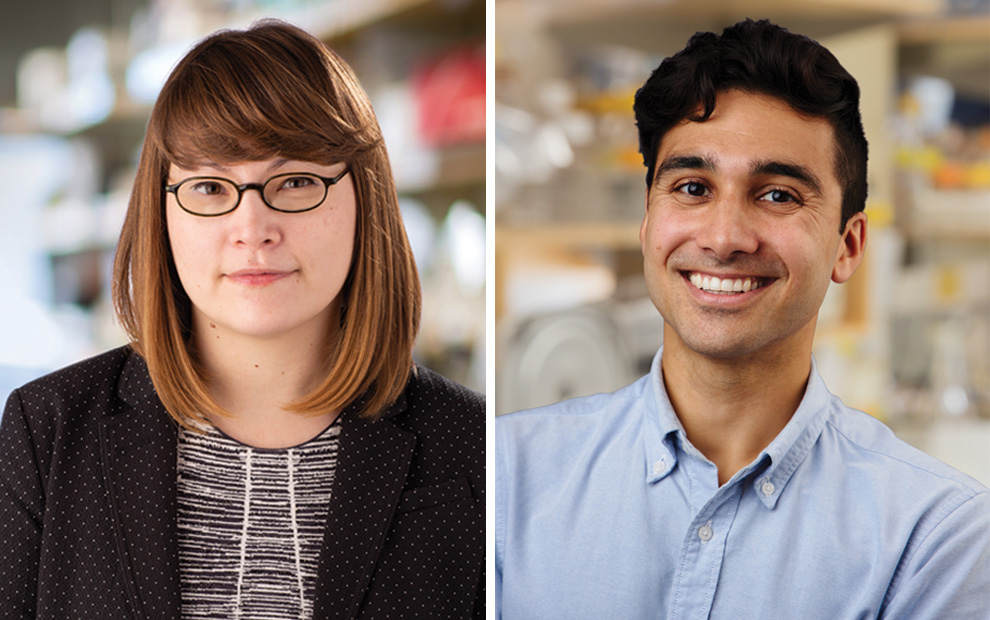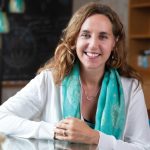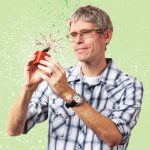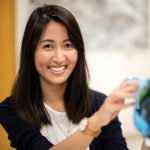On May 20, Salk conducted its sixth annual Institute Council meeting, which highlighted key campus plans and discussed where science is headed in the next 60 years. The meeting featured presentations by Assistant Professors Dannielle Engle and Pallav Kosuri on their labs’ cutting-edge technology and how those technologies will impact the future of scientific research. The meeting also introduced the Council’s new co-chairs and recognized the past chair for exceptional leadership.
Institute Council virtual event





















































